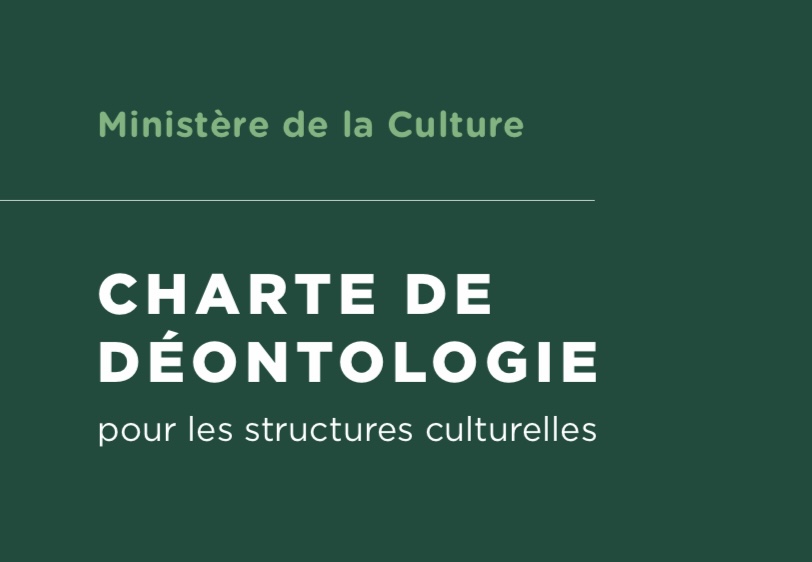In response to the evolving landscape of cultural institutions, the Luxembourg Ministry of Culture has released a comprehensive “Code of Ethics for Cultural Entities.” This document serves as a guiding framework for cultural organizations, outlining ethical principles and best practices to uphold in their operations and interactions with stakeholders.
Key Principles and Guidelines
- Integrity and Transparency: Cultural entities are urged to uphold the highest standards of integrity and transparency in their activities, including financial management, decision-making processes, and communication with stakeholders.
- Respect for Diversity: The code emphasizes the importance of respecting diversity in all its forms, including cultural, social, and linguistic diversity. Entities are encouraged to promote inclusivity and accessibility to ensure cultural participation for all.
- Preservation of Cultural Heritage: Cultural entities play a crucial role in preserving and promoting cultural heritage. The code underscores the responsibility of entities to safeguard cultural artifacts, documents, and traditions for future generations.
- Professionalism and Collaboration: Entities are urged to foster a culture of professionalism and collaboration within their teams and with external partners. This includes promoting continuous learning and development among staff members and engaging in constructive partnerships with other cultural entities.
- Ethical Use of Resources: The code emphasizes the ethical use of resources, including financial, human, and natural resources. Entities are expected to manage their resources responsibly and efficiently, while also ensuring accountability and transparency in their financial reporting.
- Community Engagement: Cultural entities are encouraged to actively engage with their communities and involve them in decision-making processes. This includes soliciting feedback from community members, collaborating with local organizations, and organizing events and programmes that reflect community interests and needs.
- Ethical Conduct: Finally, the code underscores the importance of ethical conduct among staff members and stakeholders. This includes adhering to professional standards of behavior, respecting intellectual property rights, and maintaining confidentiality when handling sensitive information.
Conclusion
The “Code of Ethics for Cultural Institutions” provides a comprehensive framework for guiding the ethical conduct of cultural organizations in Luxembourg. By adhering to the principles outlined in the code, institutions can strengthen their reputation, build trust with stakeholders, and contribute positively to the cultural landscape of the country.
Cultural institutions are encouraged to familiarize themselves with the code and integrate its principles into their operations and decision-making processes. Through collective efforts to uphold ethical standards, cultural organizations can continue to serve as important pillars of society, enriching the lives of individuals and communities alike.

